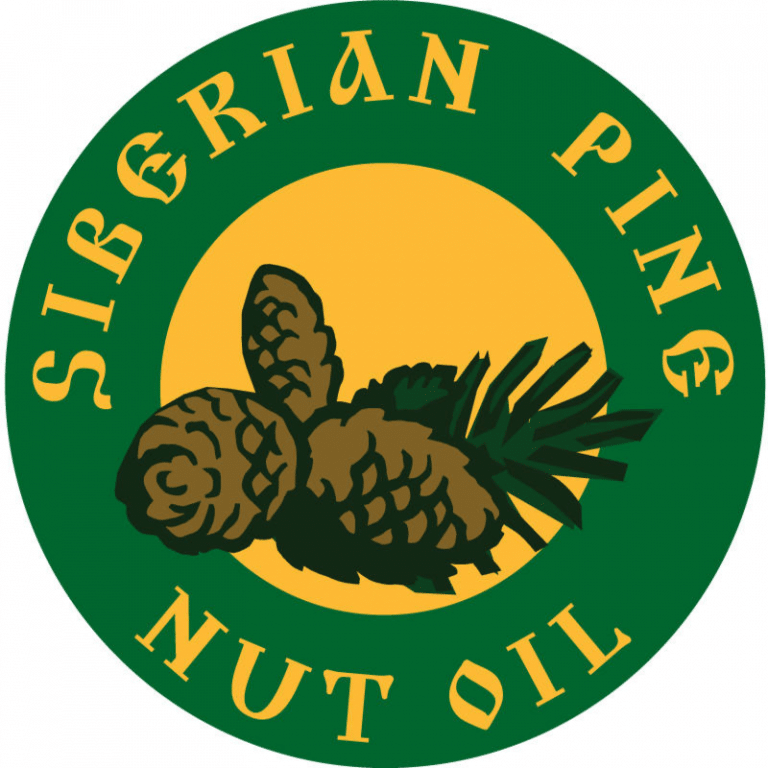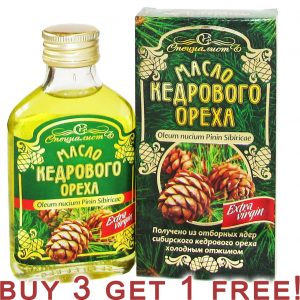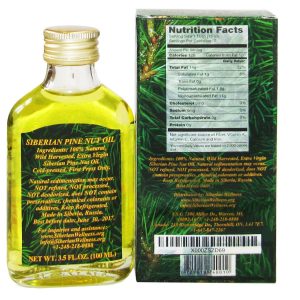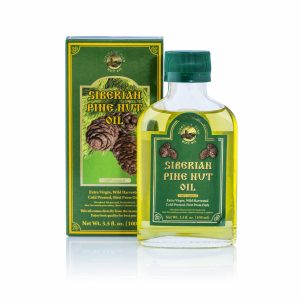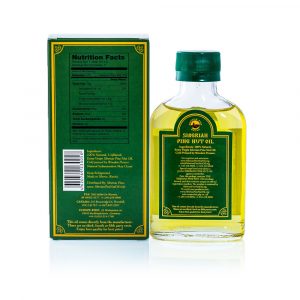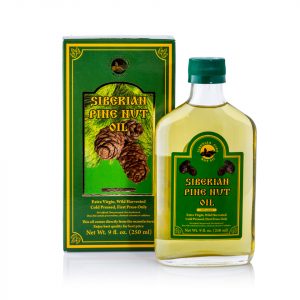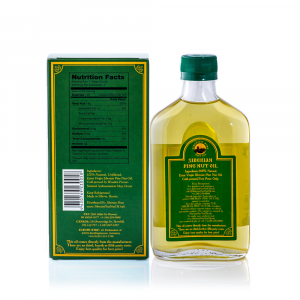New Research on Pinolenic Acid: Benefits for Rheumatoid Arthritis
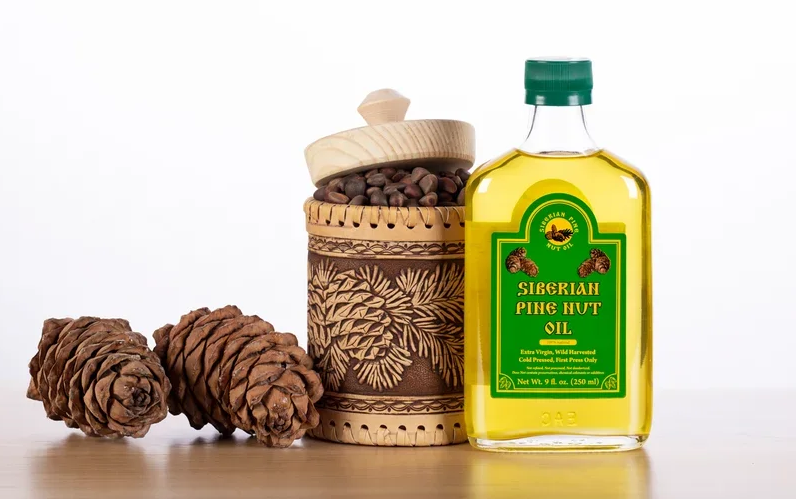
With the development of science, the healing properties of pine nut oil receive more and more explanations based on the results of experiments and molecular studies. In recent years, scientists have been actively studying the rare pinolenic acid, the most important component of pine nut oil that is not found in most other vegetable oils. In 2022, two studies were published that prove the anti-inflammatory properties of pine nut oil and its effectiveness as a preventive agent for rheumatoid arthritis and cardiovascular diseases. [1][2]
The purpose of these researches was to study the effect of pine nut oil on human cell lines and peripheral blood mononuclear cells. A comparison was made on the cells of healthy people and patients with rheumatoid arthritis. Rheumatoid arthritis was chosen as a disease with a pronounced inflammatory process. Scientists emphasize that the results of the study can be extrapolated to any diseases and conditions associated with inflammation: in particular, myocarditis, bacterial and viral infections, skin diseases, and others.
For research, monocytes, the largest leukocytes (peripheral blood cells), were isolated from the blood of the subjects. The assessment of the anti-inflammatory effect of pine nut oil was carried out through the observation of chemotaxis — the motor reaction of microorganisms to a chemical stimulus. The following parameters were analyzed:
- The level of IL-6, interleukins that can act as a pro-inflammatory cytokine.
- The level of TNF-α, or tumor necrosis factor. It is an extracellular protein, a multifunctional pro-inflammatory cytokine. In addition to its anti-inflammatory properties, TNF-α also regulates lipid metabolism, coagulation, and insulin sensitivity.
- Prostaglandin E2 (PGE2) level. Prostaglandins are lipid physiologically active substances that are formed in the human body from fatty acids that come with food. They are also involved in the regulation of inflammatory processes. In addition, prostaglandins are responsible for muscle contraction and are necessary for the normal functioning of the digestive tract.
It was found that on the THP-1 cell chain of patients with rheumatoid arthritis, pinolenic acid reduces the activity of all three factors, thereby reducing the inflammatory process. At the same time, the DAP3, LIF, and STAT3 genes were inhibited. These genes are involved in TNF-α and IL-6 signaling.
Based on the results of two studies, the researchers concluded: «Pinolenic acid has anti-atherogenic and immunometabolic effects on monocytes that are pathogenic in rheumatoid arthritis and atherosclerosis. PNLA dietary supplements (particularly pine nut oil) regulate key microRNAs that are involved in metabolic, mitochondrial, and inflammatory pathways.»
REFERENCES
[1] Takala R, Ramji DP, Andrews R, Zhou Y, Burston J, Choy E. Anti-inflammatory and immunoregulatory effects of pinolenic acid in rheumatoid arthritis.
[2] Takala R, Ramji DP, Andrews R, Zhou Y, Farhat M, Elmajee M, Rundle S, Choy E. Pinolenic acid exhibits anti-inflammatory and anti-atherogenic effects in peripheral blood-derived monocytes from patients with rheumatoid arthritis.
These articles come directly from researchers and are passed on to everybody. siberianpinenutoil.org assumes no liability for any content in these articles. For Educational purposes only. This information has not been evaluated by the Food and Drug Administration. This information is not intended to diagnose, treat, cure, or prevent any disease.
Unique Siberian Pine Nut Oil 3.5 fl. oz. (100 ml)
Original price was: 42.65$.24.95$Current price is: 24.95$.Unique Siberian Pine Nut Oil 8.75 fl. oz. (250 ml)
Original price was: 97.20$.58.80$Current price is: 58.80$.We are ready to deliver pine nut oil:
415 1st Ave N, Seattle, WA 98109, United States
+1-855-218-0888
info@siberianpinenutoil.org
